The world economy is just starting to undergo a significant change that will turn it from an industrial to a digital economy. At the start of the 1800s, the industrial revolution started in a part of northwest Europe that didn’t have much going for it.
Instead, it used the factory system, which relied on machines to do the work of both people and animals. It helped millions of people go from being poor and hungry to wealthy in a short time. If you’re thinking about mining or investing in Bitcoin, check out a guide to the world’s most popular cryptocurrency.
Even though we call the first blockchain the start of Web3 today, it has been around since the 1970s. The first wave of new ideas, Web1, included computers, encryption, and networking.
E-commerce was starting to take shape by the end of the 1990s. This happened because new businesses made technologies that quickly became global platforms. Thanks to these technologies, people can find goods, services, and each other through new digital markets. That time was called Web2 or the dot-com age of social media and tech titans.
But these information and communication technology changes didn’t really start the digital economy. Instead, it was because of a completely different kind of innovation: the making of trust. Blockchains could also be used to allow people to buy trust.

The digital economy works because people trust each other
People and robots can be as productive as possible with these institutional technologies. When it’s ready, the trust engine will do for society what the steam engine did for business. Since trust is essential to making things, a digital economy could save money.
The blockchain is something that has been introduced previously. It is a new economic system that makes it possible for everyone, everywhere, to trust the basic facts written in a blockchain, like who owns what and what promises are made in smart contracts. This set of tools is called “blockchain technology.”
Also Read: The Essence of Digital Yuan as a Blockchain
These basic facts about economics are the foundation of every economy. They often work well with small groups, like a family, a village, or a small business. But as the economy grows, it costs more to check the facts and track how they change.
The ability to “truck, barter and exchange” across ever-larger markets has pushed wealth to heights that can now be seen worldwide. People have been able to sell and buy things because of this.
It’s helped us see how things fit together. Around the middle of the 1990s, stores began to use the internet. People started seeing ads on the internet at the end of the 1990s. People started using the internet around the middle of the 2000s to get their news, information, and friend groups. Since they were first made available in 2008, cryptocurrencies and other digital forms of money have also made their way to the internet. The last thing that needs to be worked out is how to get real-world (physical) assets onto the internet.
We have what we need to do it now. People often think that non-fungible tokens (NFTs) are not much more than useless JPEGs. They could look like proof of ownership documents or digital copies of real things. They make it possible for unique capital assets to be “computable,” which means they can be searched, audited, and checked. In other words, they can be traded on a digital market with just a little bit of trust.
Also Read: How does Bitcoin Change the Economy?
People have done a lot of work over the past few years to ensure that the real world’s social infrastructure is also present in the digital world. We now have “DAOs,” which are “decentralized autonomous organizations.”
These can be used for anything. We also have “stablecoins,” a type of money, and assets like Bitcoin and property rights (NFTs). People are using contracts made with artificial intelligence to figure out how to solve problems. Others are trying to think of ways to make the real world even more connected to the digital world.
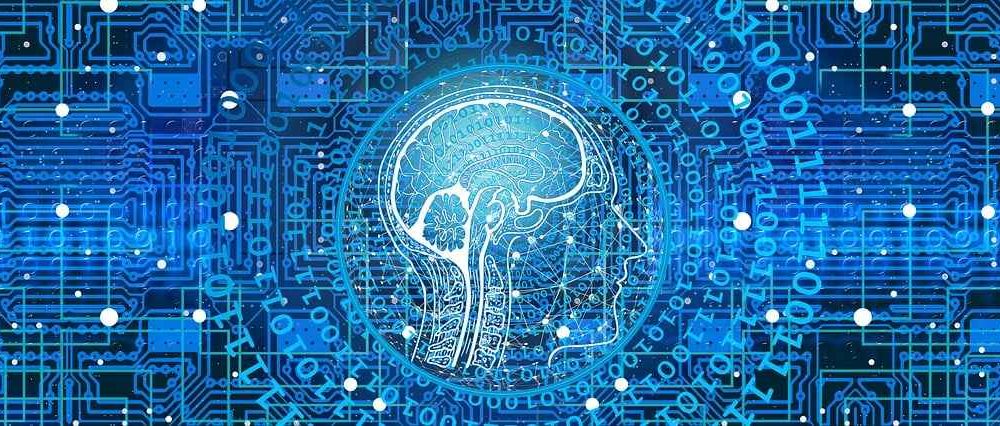
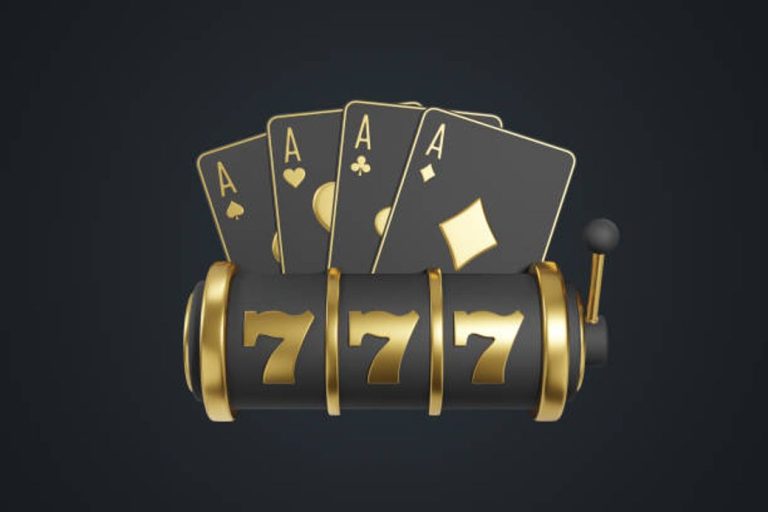
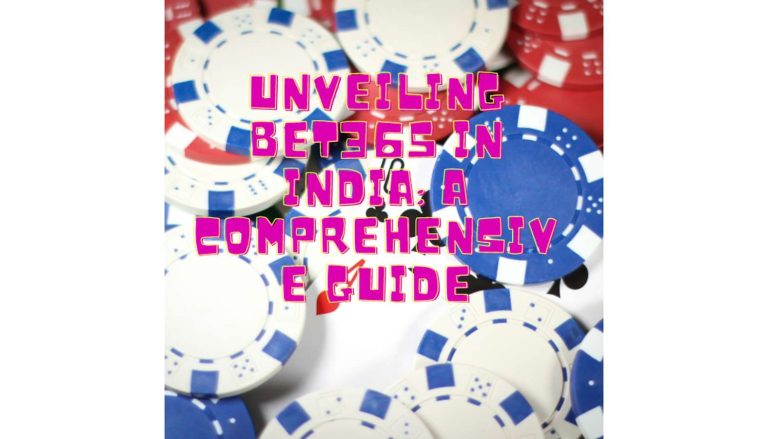


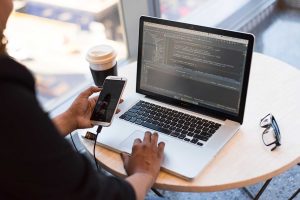
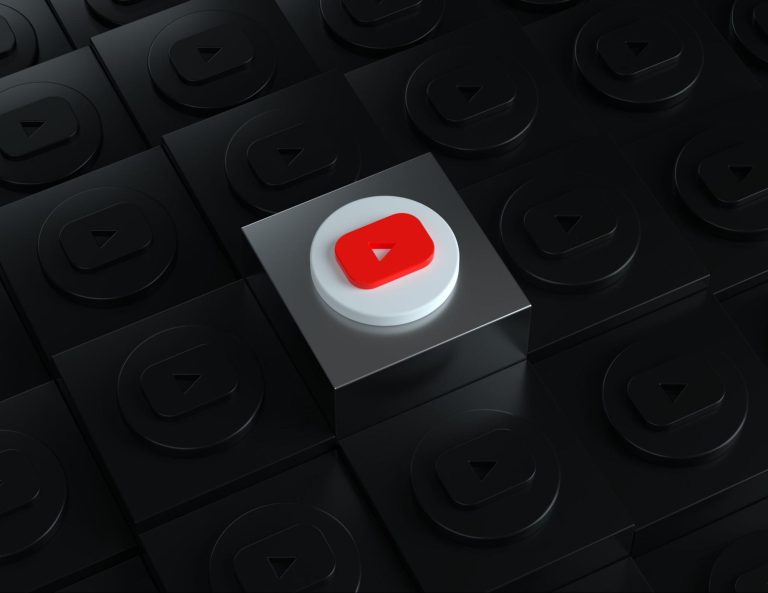
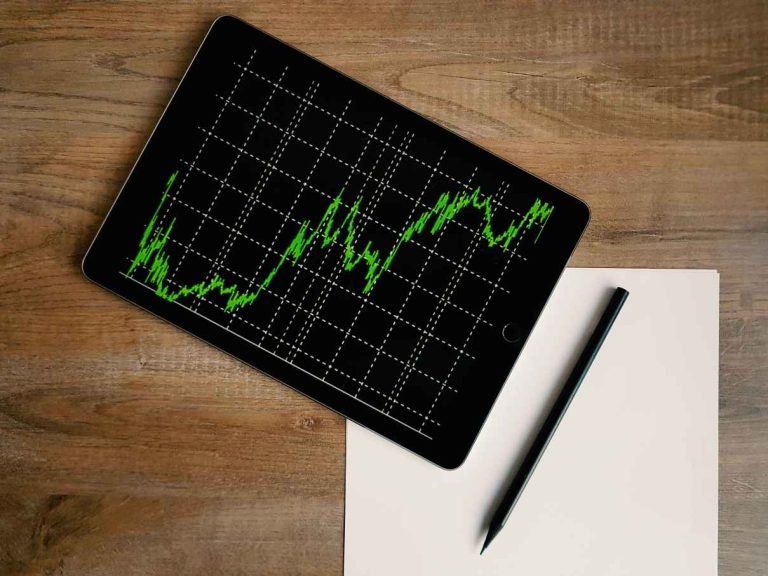
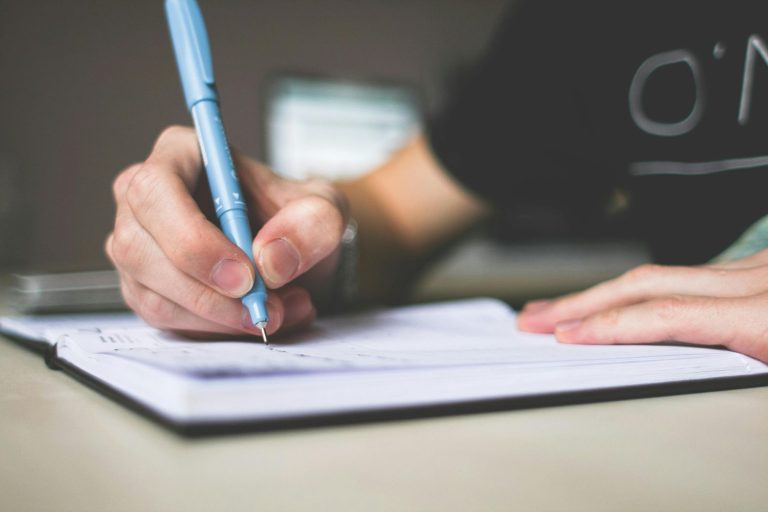
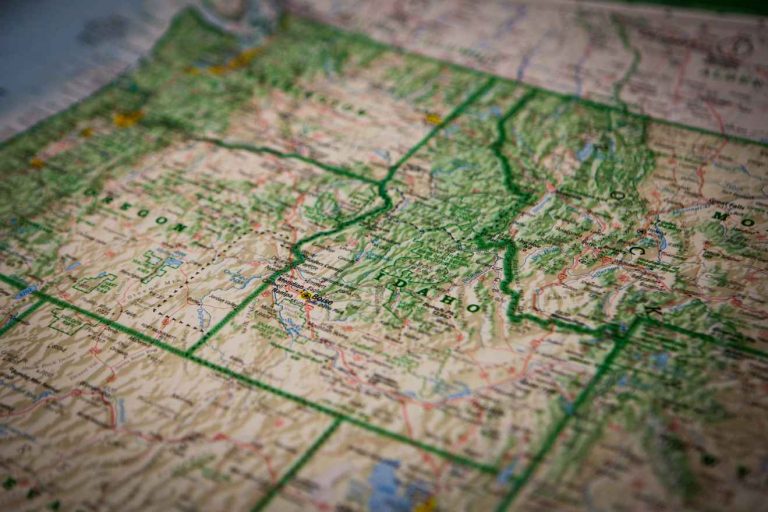
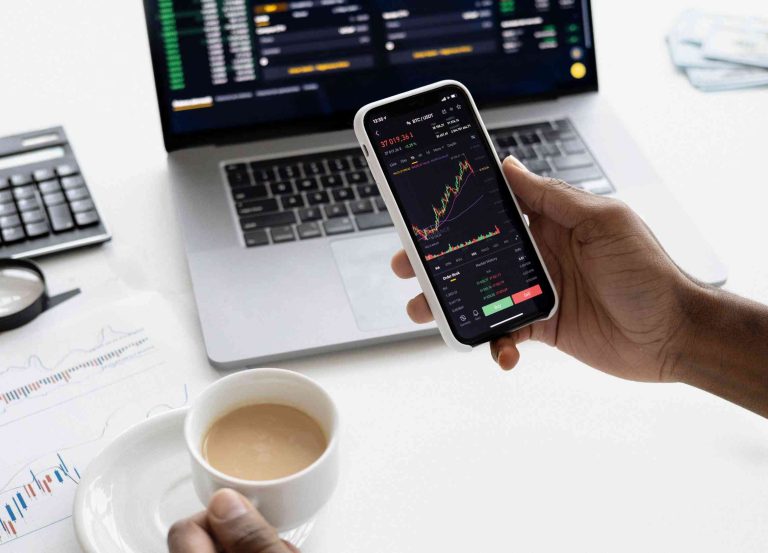
+ There are no comments
Add yours